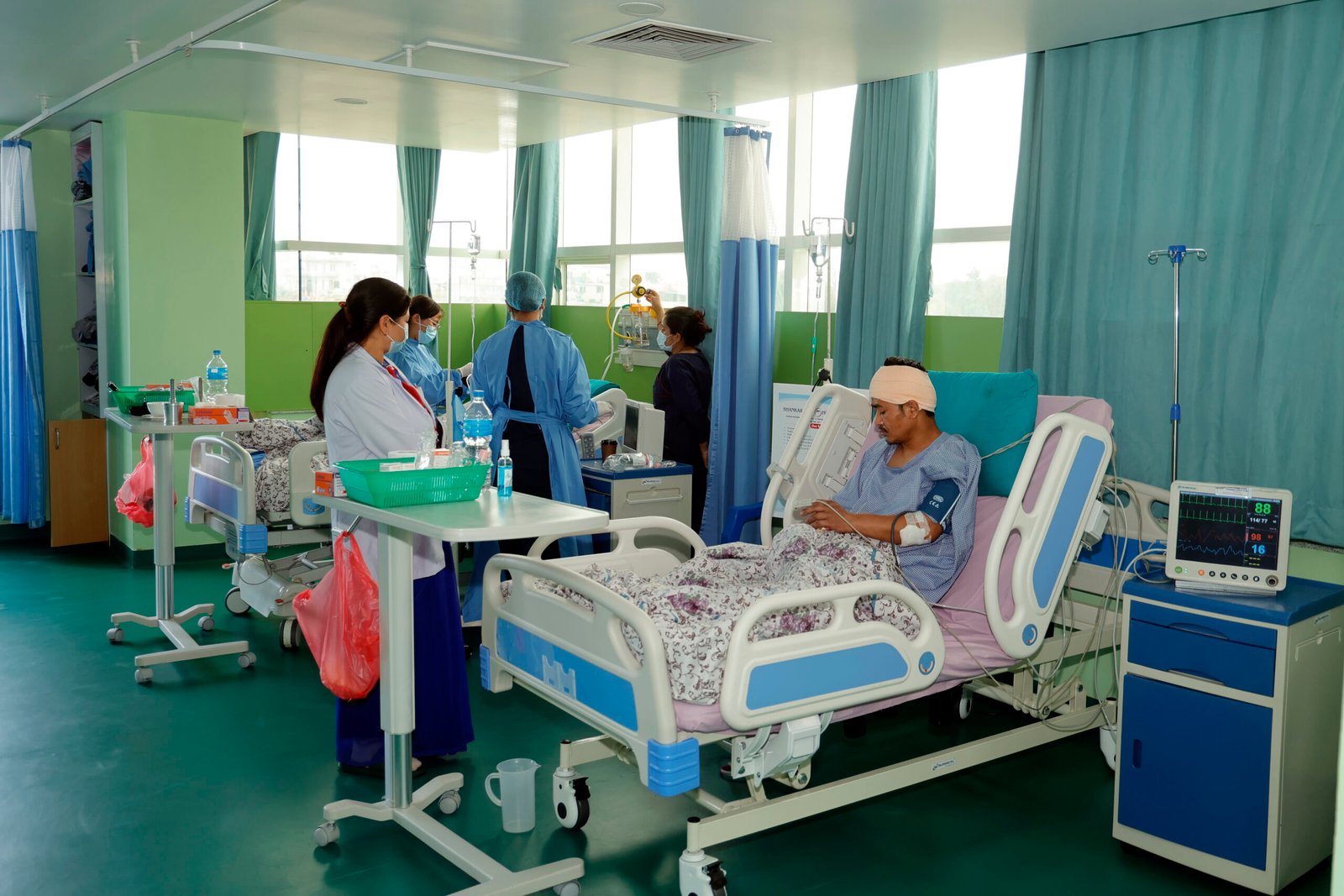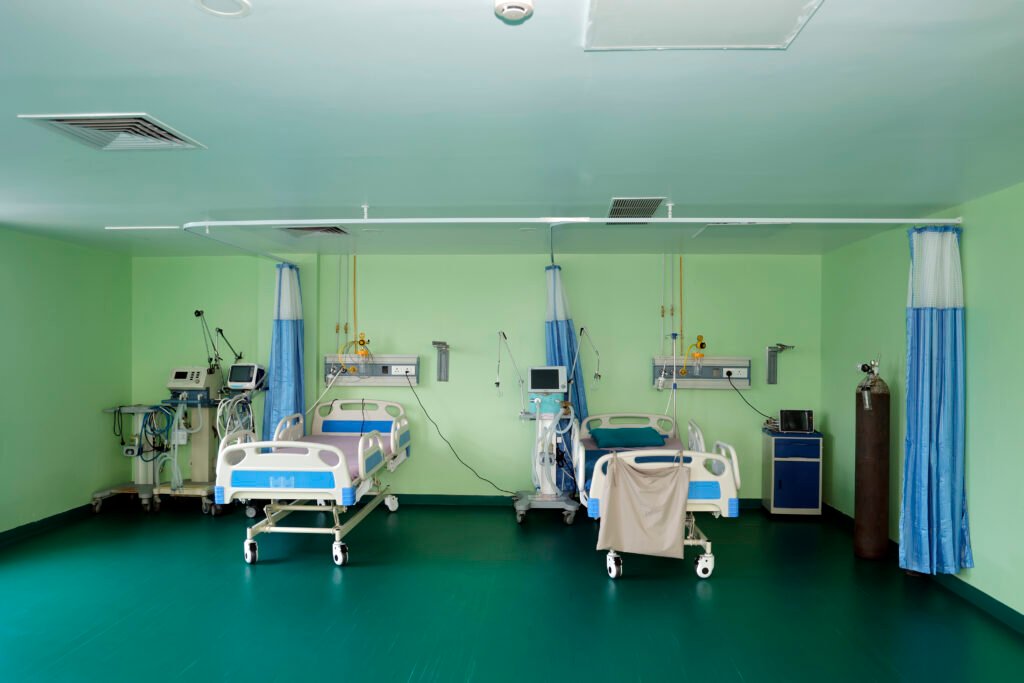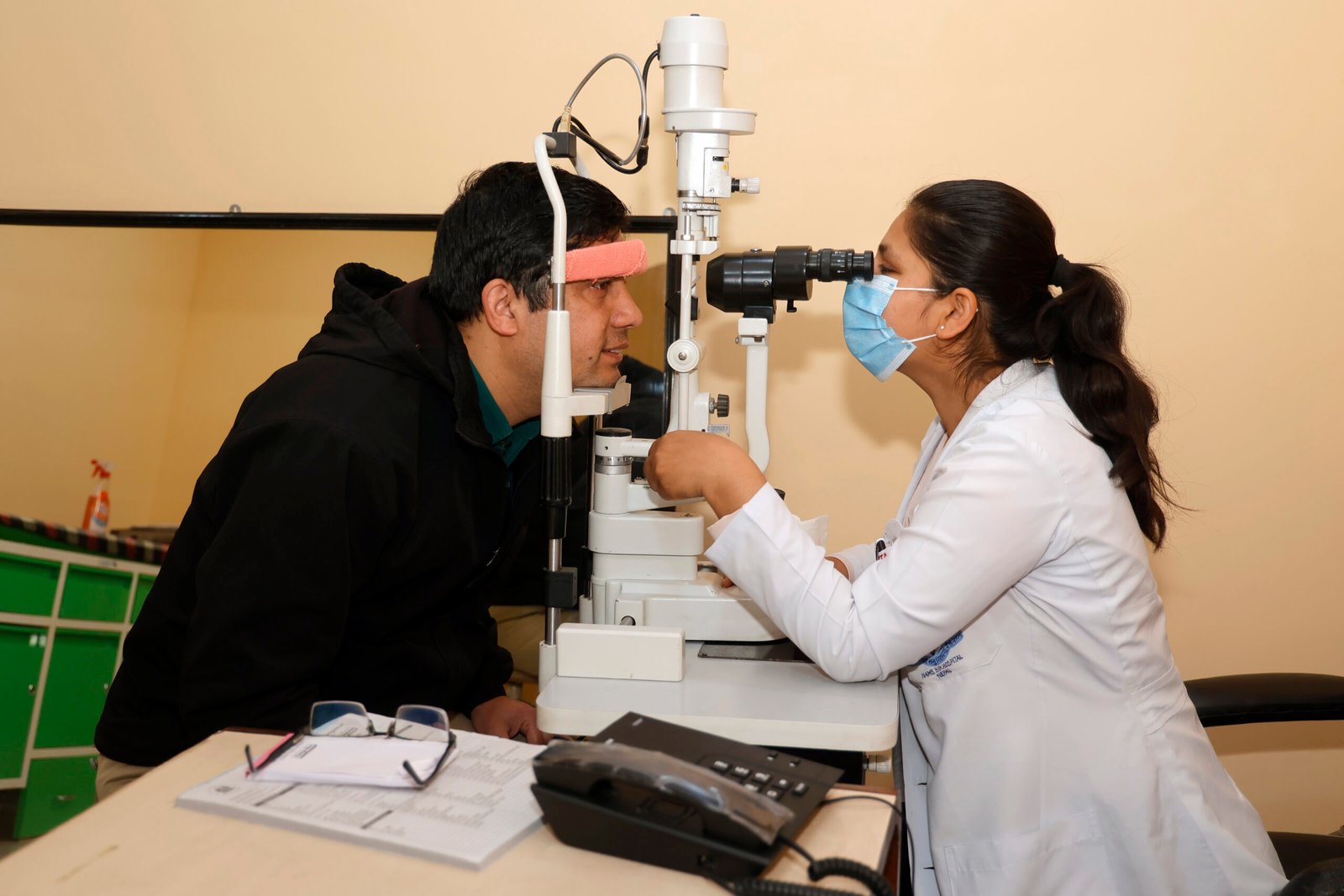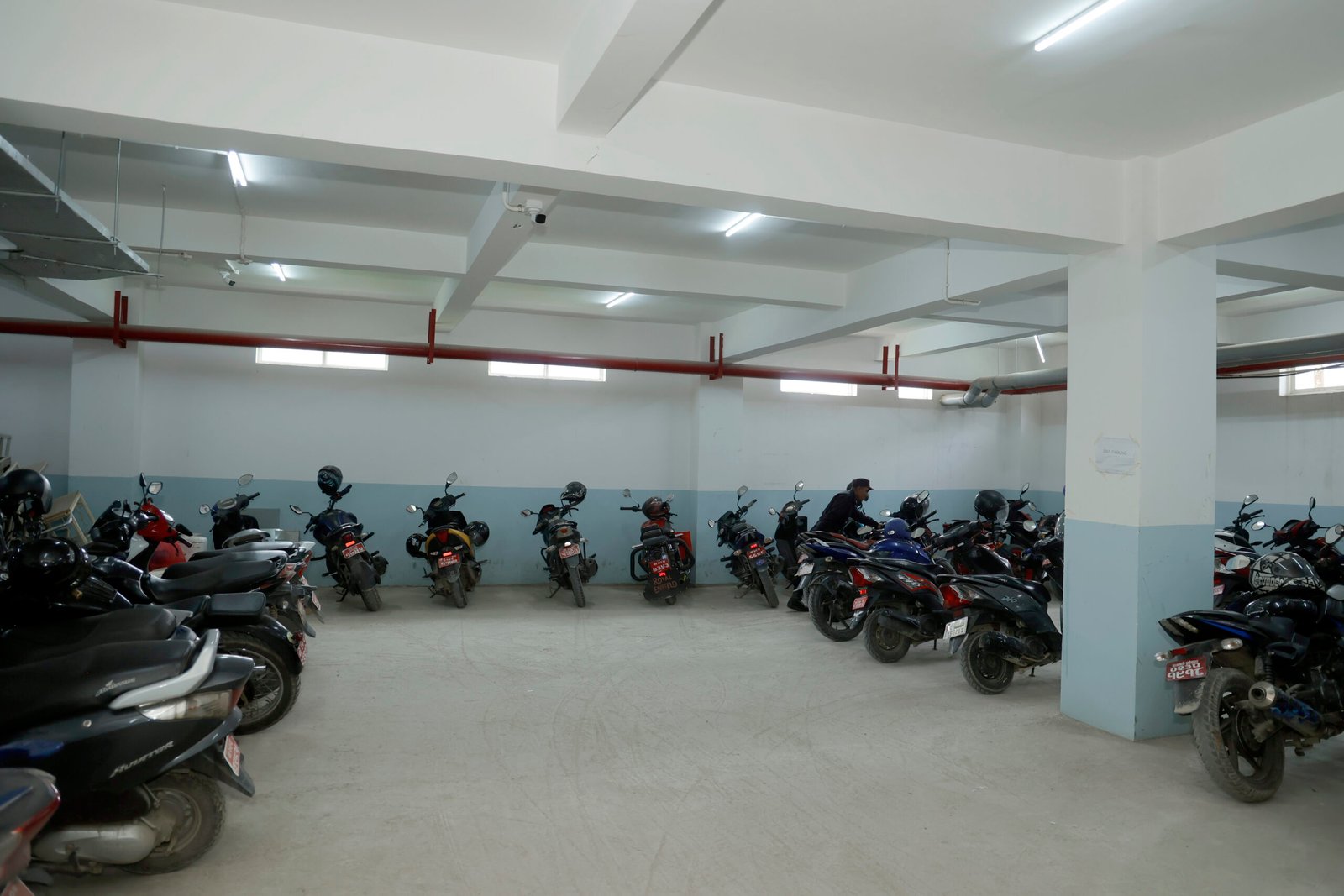Understanding when to see a urologist can significantly impact your health and well-being. Urologists specialize in diagnosing and treating conditions related to the urinary tract and male reproductive organs. At Stupa Community Hospital, one of the best hospitals for urology treatment in Nepal, our experienced urology team is dedicated to providing comprehensive care to ensure optimal health outcomes for our patients. Here are key signs and symptoms indicating it’s time to schedule an appointment and know when to see a urologist.
Persistent Urinary Tract Infections (UTIs)
One clear indicator of when to see a urologist is recurrent urinary tract infections (UTIs). Symptoms of UTIs include:
- Pain or burning sensation during urination
- Blood in urine
- Frequent urge to urinate
- Cloudy or strong-smelling urine
- Pelvic pain
If you experience these symptoms regularly, it’s essential to know when to see a urologist. A urologist at Stupa Community Hospital can help diagnose underlying causes and recommend effective treatment options.
Blood in Urine
Hematuria, or blood in the urine, is another critical sign of when to see a urologist. It can indicate several urological conditions, including infections, kidney stones, or more severe issues like bladder or kidney cancer. If you notice visible blood or even microscopic amounts detected through testing, it’s a clear signal of when to see a urologist for a thorough evaluation.
Incontinence
Urinary incontinence, or the inability to control urination, affects millions of people and is a strong indicator of when to see a urologist. Types of incontinence include stress incontinence (leakage during activities like coughing or lifting) and urge incontinence (sudden, intense urge to urinate). Knowing this can help identify the type of incontinence and recommend treatments ranging from lifestyle changes to medication or surgery.
Erectile Dysfunction (ED)
Erectile dysfunction, or the inability to achieve or maintain an erection, is a common issue among men, especially as they age. It can be caused by various factors, including cardiovascular issues, diabetes, or psychological factors. Stupa Community Hospital can help determine the underlying cause and explore treatment options, such as medication, lifestyle changes, or other therapies.
Male Infertility
If you and your partner are having difficulty conceiving, knowing when to see a urologist is crucial. Common causes of male infertility include low sperm count, poor sperm motility, or blockages preventing the delivery of sperm. A comprehensive evaluation can help identify the problem and guide appropriate treatment to improve fertility.
Kidney Stones
Kidney stones are hard mineral deposits that form in the kidneys and can cause severe pain when passing through the urinary tract. Symptoms include:
- Intense back or side pain
- Pain during urination
- Pink, red, or brown urine
- Nausea and vomiting
Understanding when to see a urologist for kidney stones can provide treatment to relieve pain, break up stones, and prevent future occurrences.
Enlarged Prostate
Benign prostatic hyperplasia (BPH) is a common condition in older men, where the prostate gland enlarges and causes urinary problems. Symptoms include:
- Frequent need to urinate, especially at night
- Difficulty starting urination
- Weak urine stream
Knowing when to see a urologist can offer treatments ranging from medications to minimally invasive procedures or surgery to relieve symptoms and improve quality of life.
Pelvic Pain
Chronic pelvic pain can result from various urological conditions, including interstitial cystitis or prostatitis. This pain can significantly impact daily activities and overall well-being. Understanding when to see a urologist can help diagnose the cause and recommend appropriate treatments to manage and alleviate pain.
Testicular Pain or Lumps
Any persistent pain or unusual lumps in the testicles should be evaluated by a urologist. These symptoms could indicate infections, hernias, or in more severe cases, testicular cancer. Early diagnosis and treatment are crucial for effective management.
Difficulty Urinating
Struggling to start or maintain a urine stream can indicate several urological conditions, including urethral stricture or neurogenic bladder. These conditions require a urologist’s expertise to diagnose and treat effectively.
Urinary Retention
Inability to empty the bladder completely can be a medical emergency and requires immediate attention. Causes can range from blockages to nerve problems. A urologist at Stupa Community Hospital can provide urgent care and long-term treatment plans.
Why Choose Stupa Community Hospital for Urology Treatment?
At Stupa Community Hospital, we pride ourselves on being one of the best hospitals for urology treatment in Nepal. Our state-of-the-art facilities, combined with a team of highly skilled urologists, ensure that you receive the best possible care. We are committed to patient-centered care, offering personalized treatment plans tailored to your unique needs.
Conclusion
Recognizing when to see a urologist can lead to early diagnosis and more effective treatment of urological conditions. At Stupa Community Hospital, our urology team is dedicated to providing personalized care tailored to each patient’s needs. If you experience any of the symptoms mentioned, don’t hesitate to schedule an appointment with our experts. Your health and well-being are our top priorities, and we are here to support you every step of the way.












